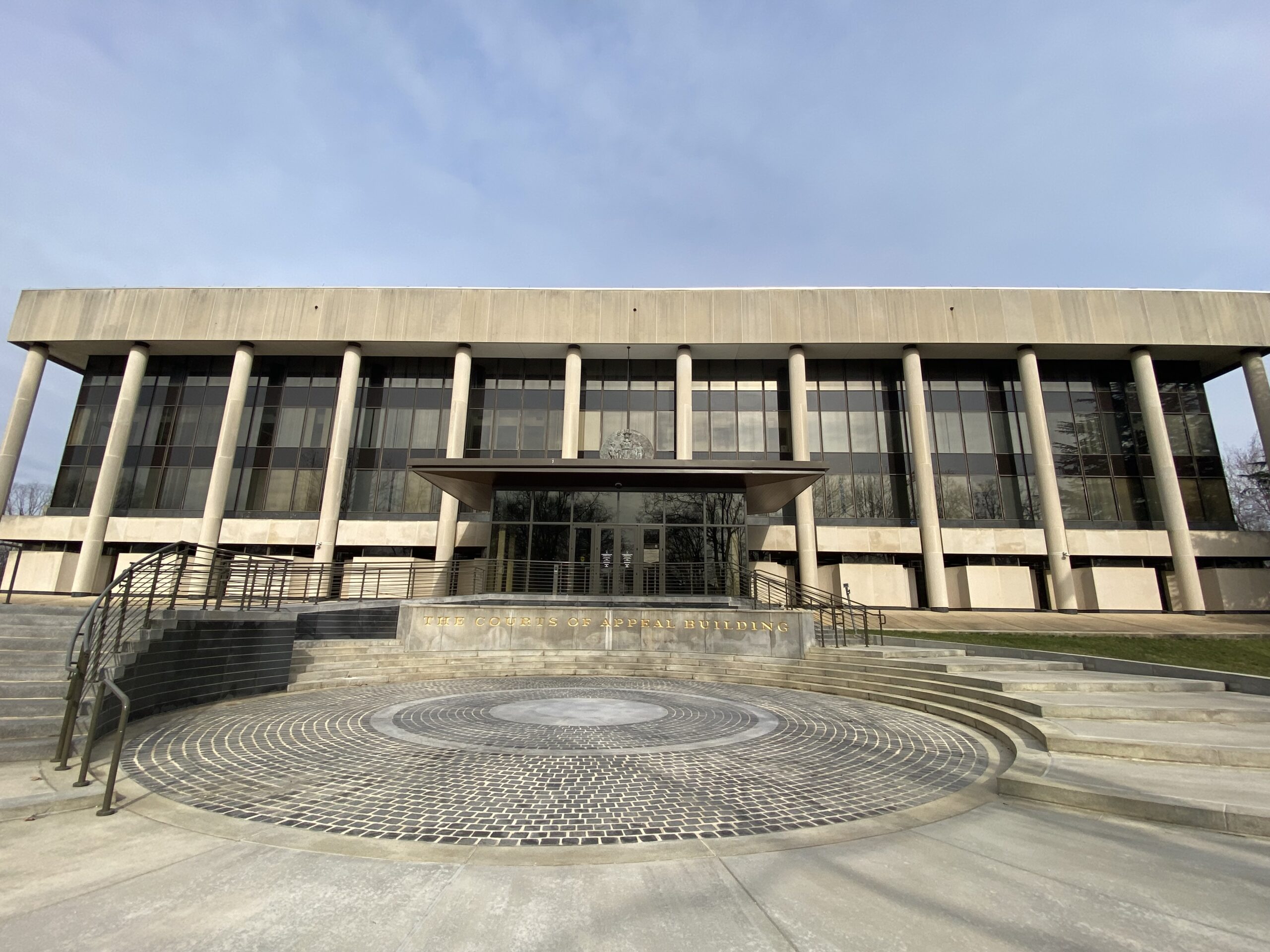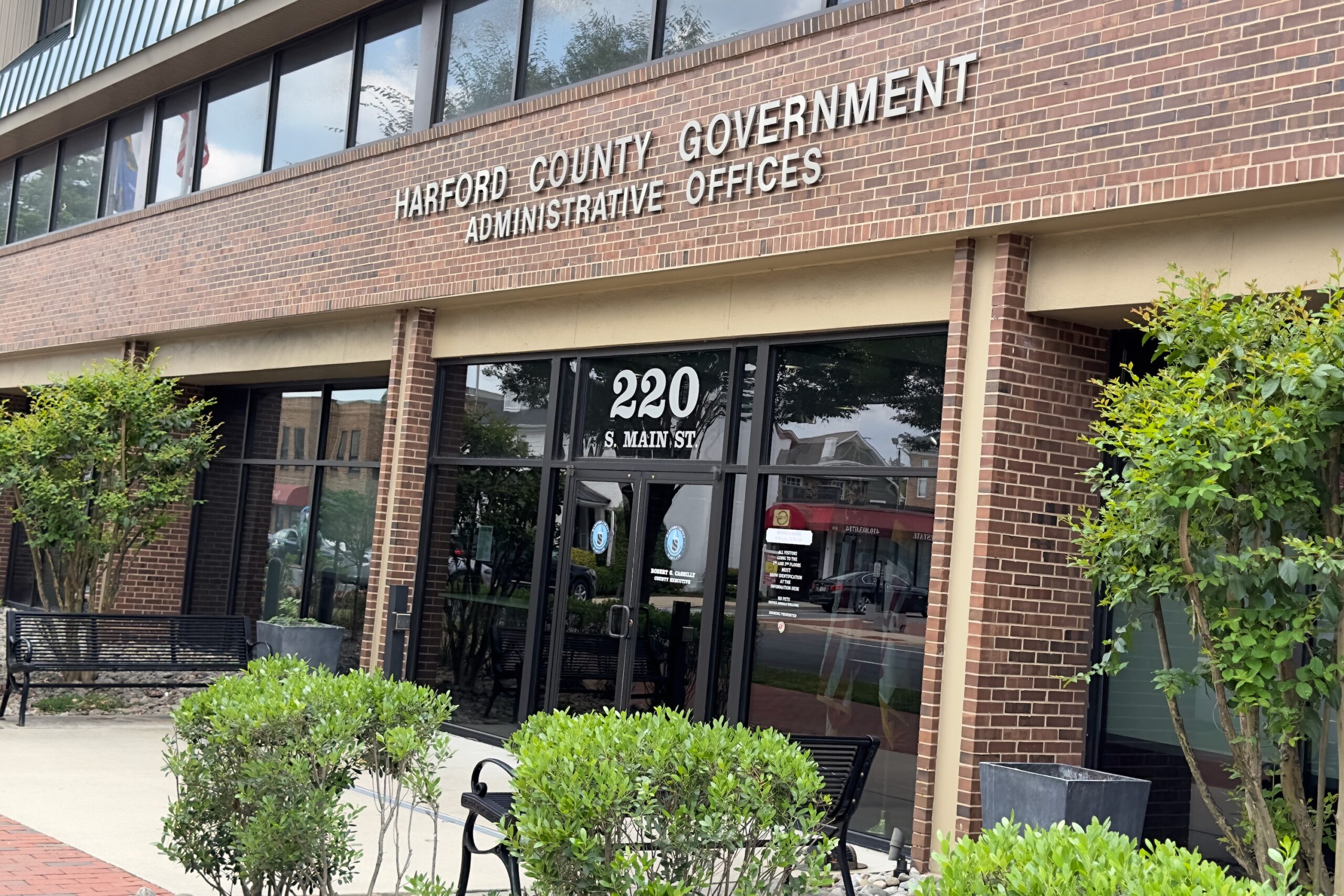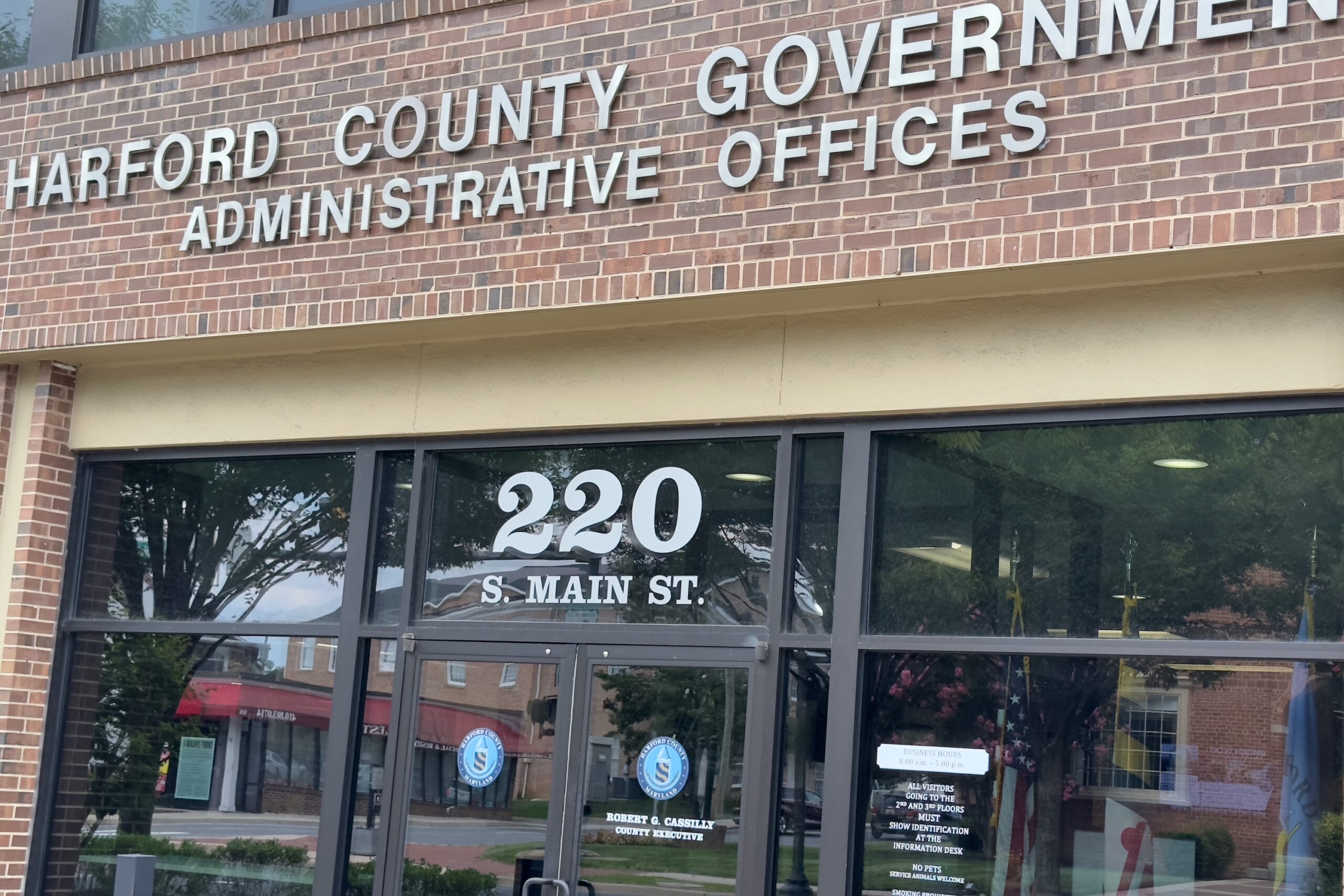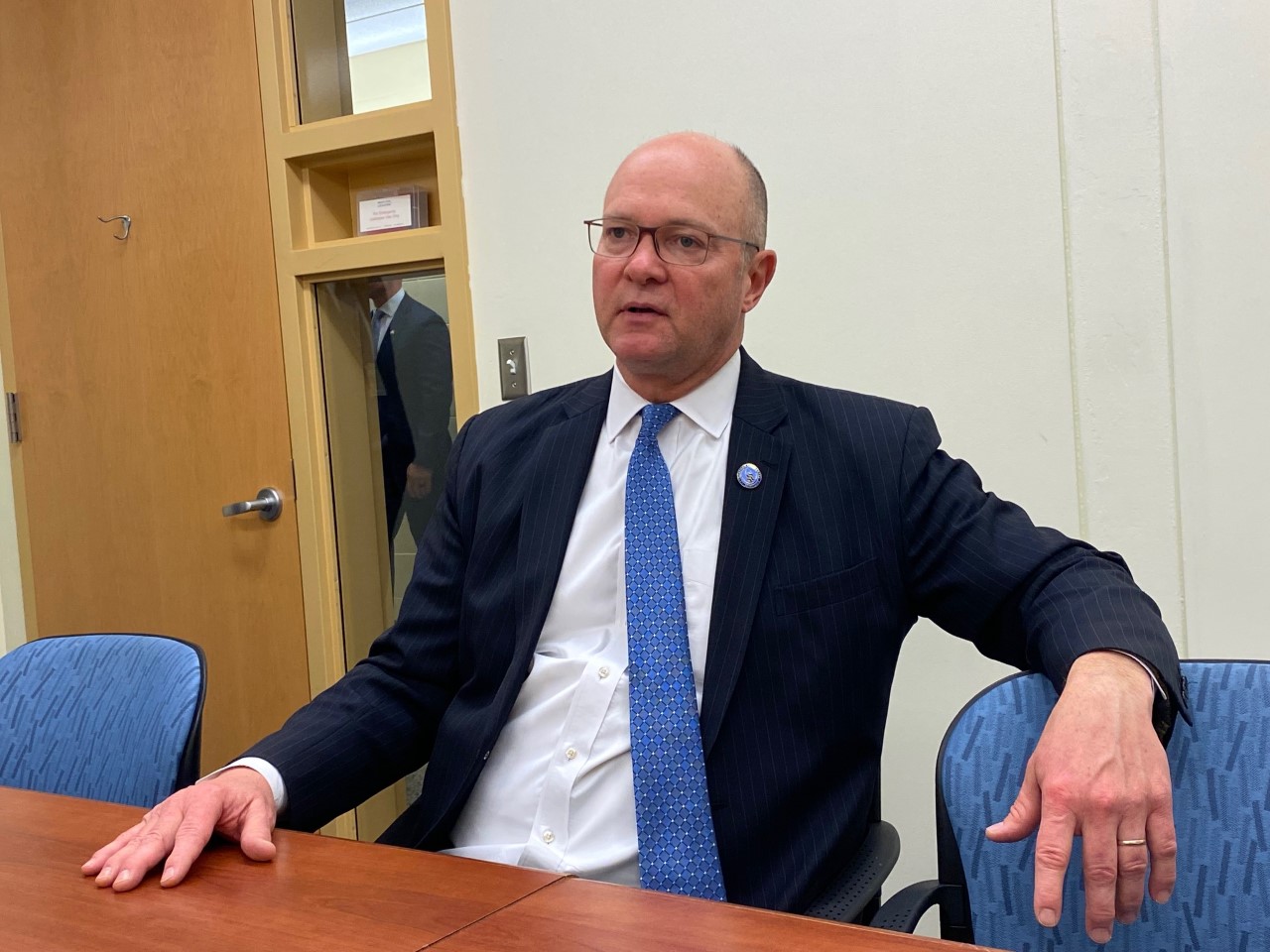Top Court: Challenge to digital ad tax was an ‘end-run’ around required appeals process

Maryland’s highest court Wednesday said an attempt to overturn a first-in-the-nation digital ad tax was an end-run around an established administrative appeals process.
The 27-page opinion follows a May 9 order by the Supreme Court of Maryland overturning an Anne Arundel County Circuit Court judge’s ruling that the tax violated federal law and was unconstitutional.
“The companies are challenging the digital advertising gross revenues tax, a tax they acknowledge the law requires them to pay,” Chief Justice Matthew Fader wrote in the unanimous opinion. “The Tax-General Article provides special statutory administrative remedies for the Companies to pursue their challenge. Instead of pursuing those remedies, however, the Companies filed a direct challenge by way of a declaratory judgment action in the circuit court. Absent exhaustion of the special statutory administrative remedies provided in the Tax-General Article, the circuit court lacked jurisdiction over the challenge and was required to dismiss it.”
The law was passed in 2020 and would impose a tiered tax on internet ad revenue in Maryland.
Companies reporting $100 million of gross global annual revenue would be subject to a 2.5% levy. Tax rates max out at 10% for companies reporting more than $15 billion in gross global revenue.
The tax would apply to large companies including Google, Facebook and Amazon. News organizations were excluded from the law.
Legislative analysts projected Maryland could collect $250 million annually in tax revenue. Those same analysts raised the specter of court challenges related to the constitutionality of the law.
Former Gov. Larry Hogan (R) vetoed the bill but the General Assembly and its Democratic supermajority overrode him in 2021.
The battle then moved to state and federal court.
Comcast of California, Maryland, Pennsylvania, Virginia and West Virginia LLC and others argued that the law violated the First Amendment as well as the federal Internet Tax Freedom Act.
Meanwhile, the state collected about $107 million in voluntary payments. The comptroller’s office also refunded more than $14 million to taxpayers who asked for the payments to be returned, according to arguments before the Maryland Supreme Court in May.
Anne Arundel County Circuit Court Judge Alison Asti ultimately ruled that the tax violated the federal Internet Tax Freedom Act and ran afoul of the U.S. Constitution which blocks states from interfering in interstate commerce.
The Supreme Court of Maryland in May said Asti had no jurisdiction for such a ruling. The opinion released Wednesday expands on the initial order.
The court wrote the plaintiffs’ challenge circumvented the required slate of administrative reviews including the Maryland Tax Court.
“A final order of the Tax Court, which constitutes the final administrative decision in a case, is then ‘subject to judicial review as provided for contested cases in’ the State Administrative Procedure Act,” Fader wrote in the court opinion.
Fader added that the companies’ attempts to seek a declaratory judgment “run head-long into one of our core canons of statutory construction, which is that ‘[i]n every case, the statute must be given a reasonable interpretation, not one that is absurd, illogical, or incompatible with common sense.'”
Fader said seeking a declaratory ruling was “an end-run around the legislative intent to resolve tax disputes.” To allow it would “leave such a large loophole through the special statutory administrative remedy scheme the General Assembly has established.”
“For that reason, we vacated the orders of the Circuit Court for Anne Arundel County and remanded this case to that court with directions to dismiss the action,” wrote Fader.
The battle over the tax continues.
Claims in a federal case challenging the tax were dismissed for lack of jurisdiction and pending the decision in state court. That could return now that the summary judgment has been struck down. An appeal by the U.S. Chamber of Commerce, NetChoice and Computer & Communications Industry Association remains pending in the Fourth Circuit Court of Appeals.




 Creative Commons Attribution
Creative Commons Attribution